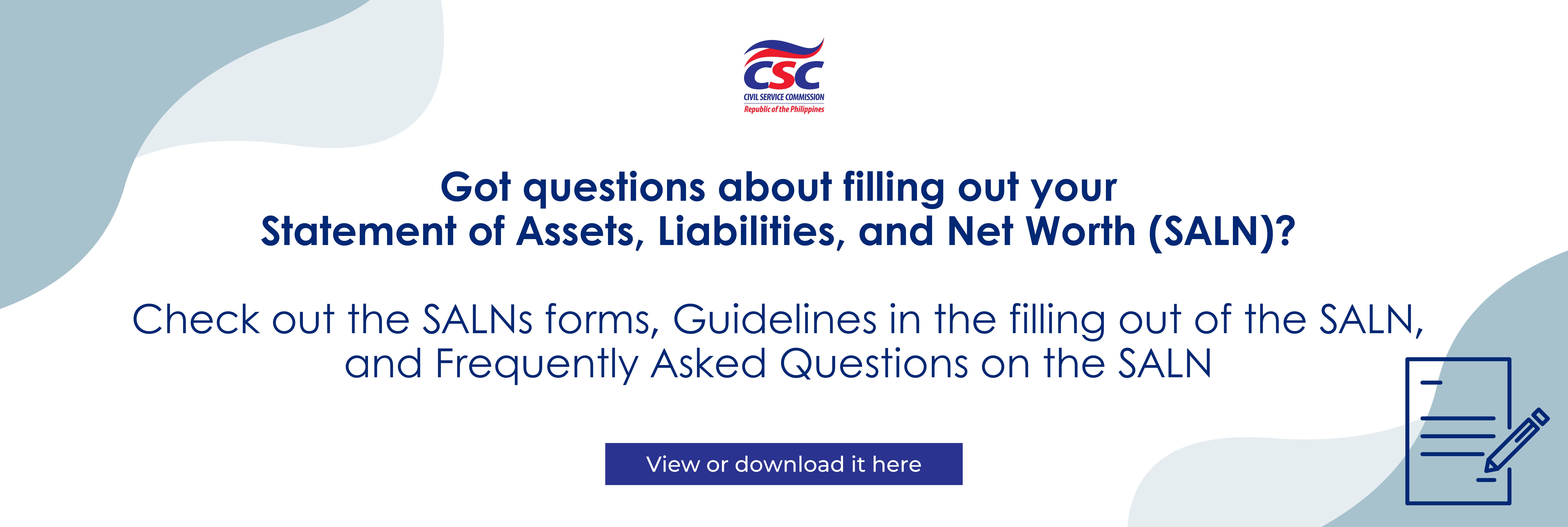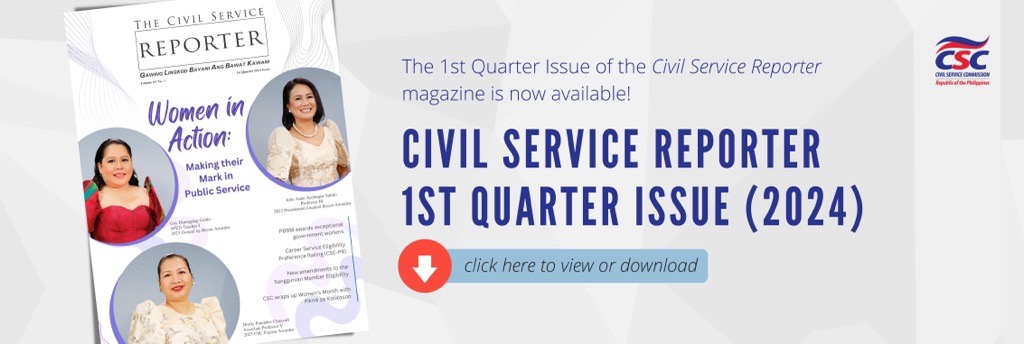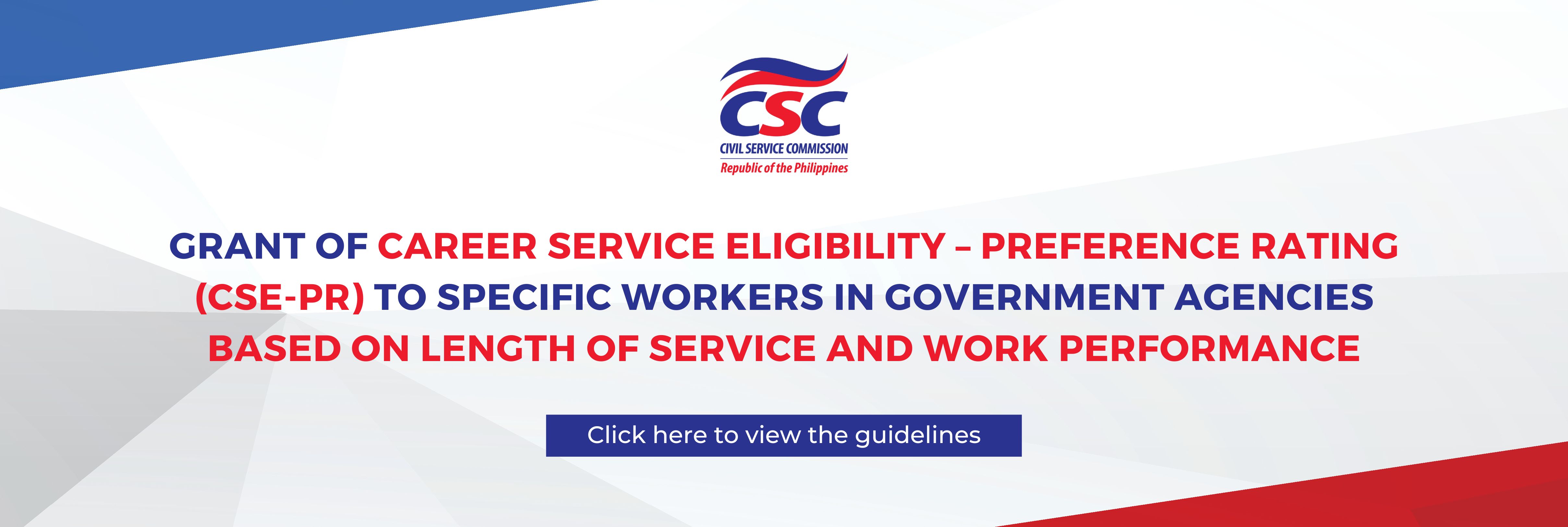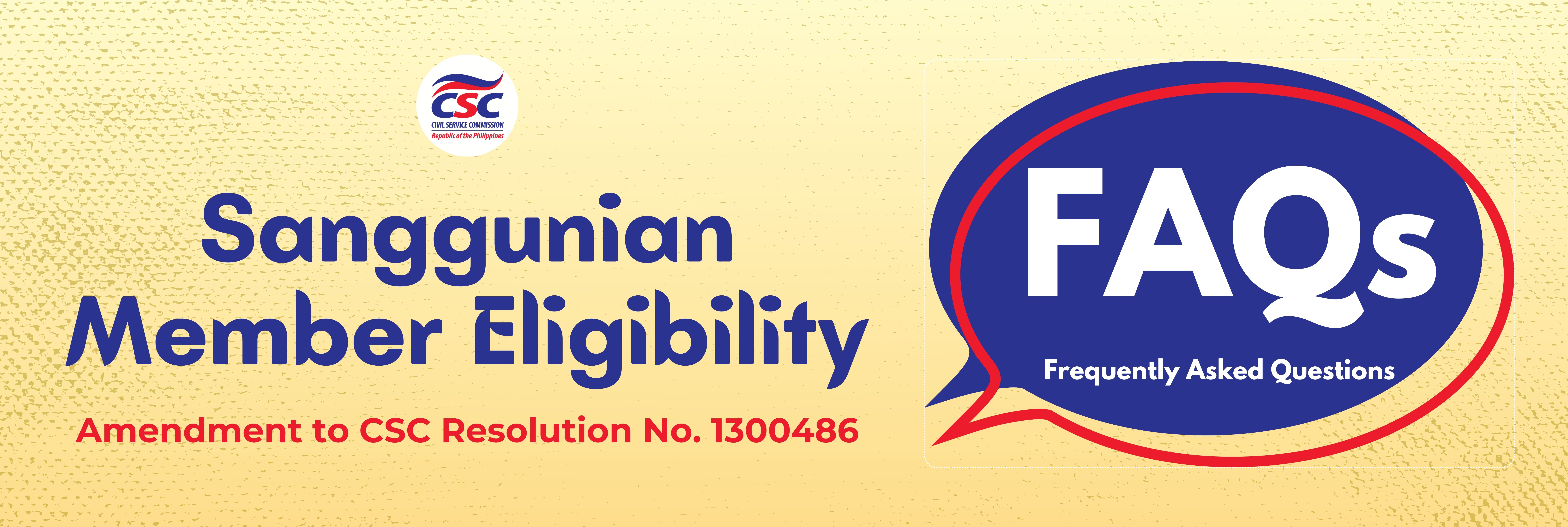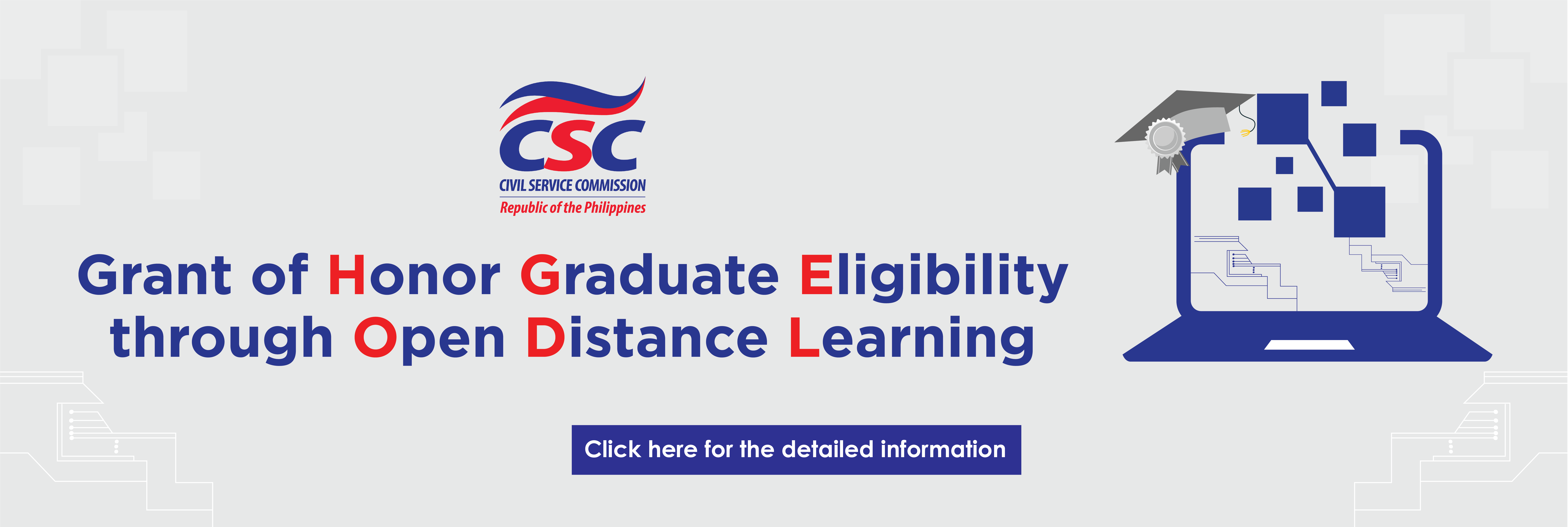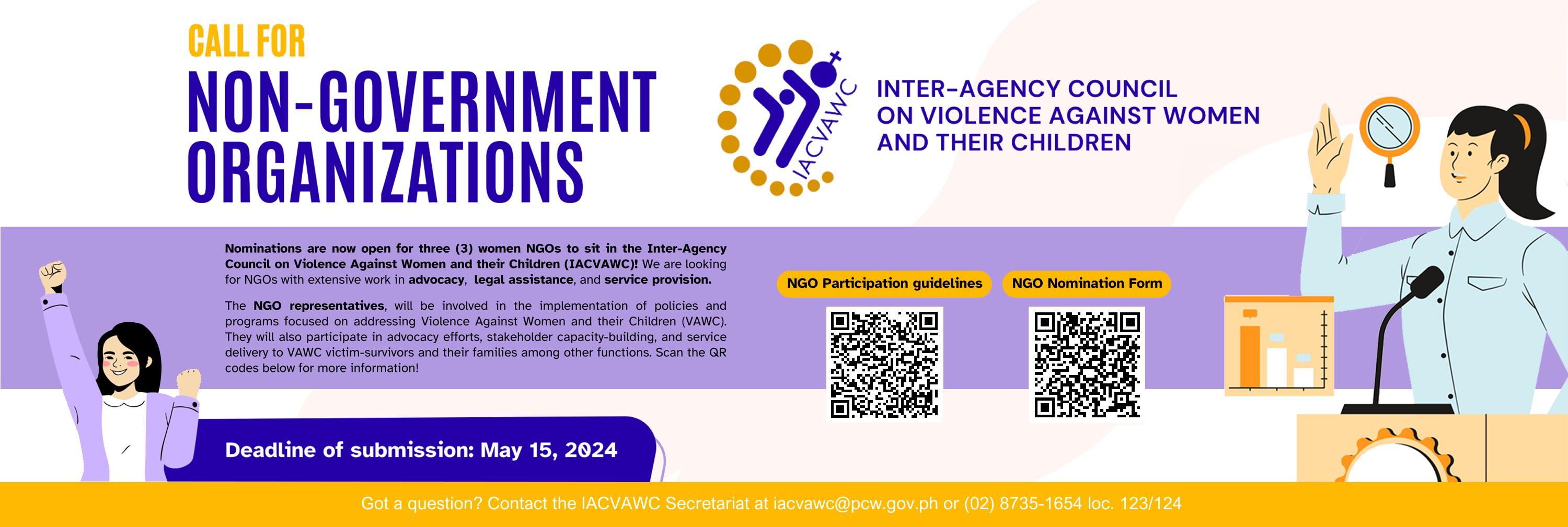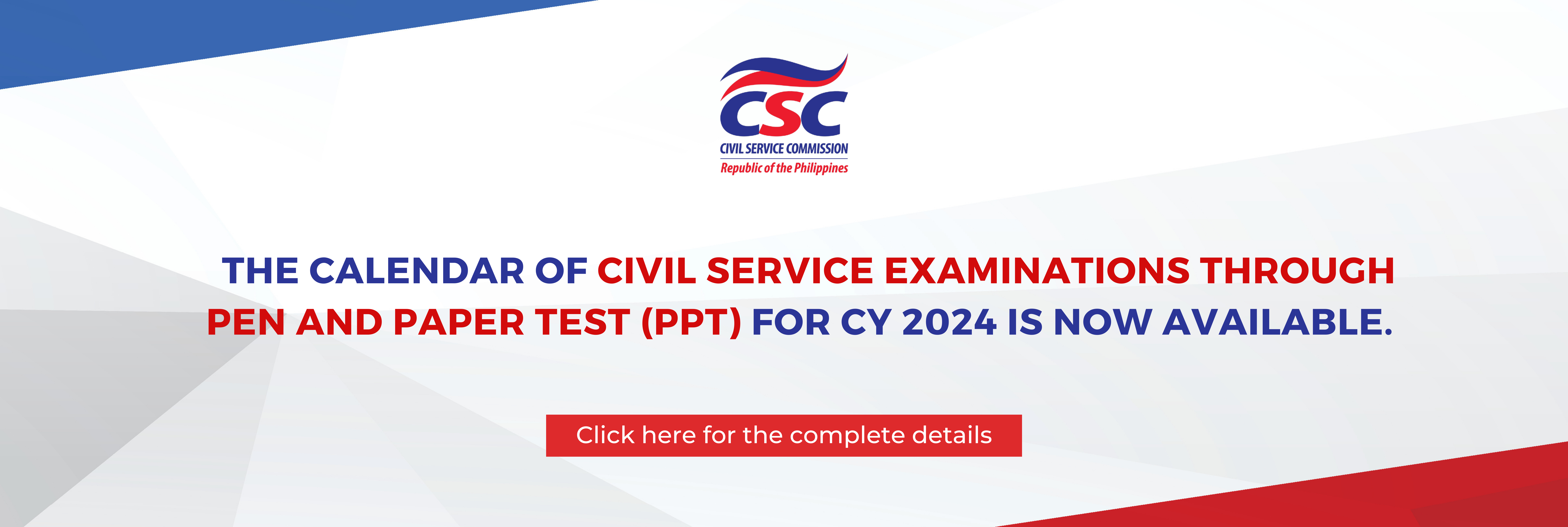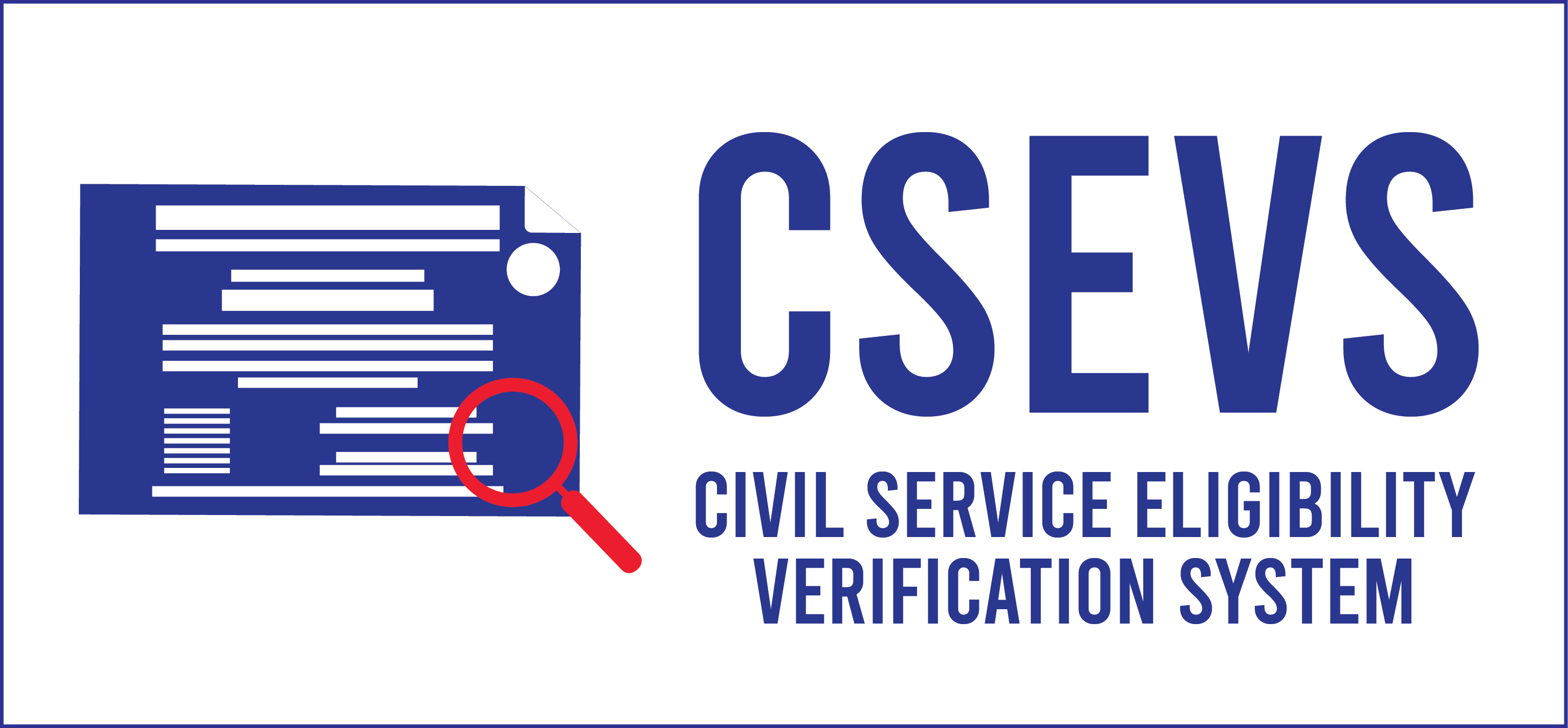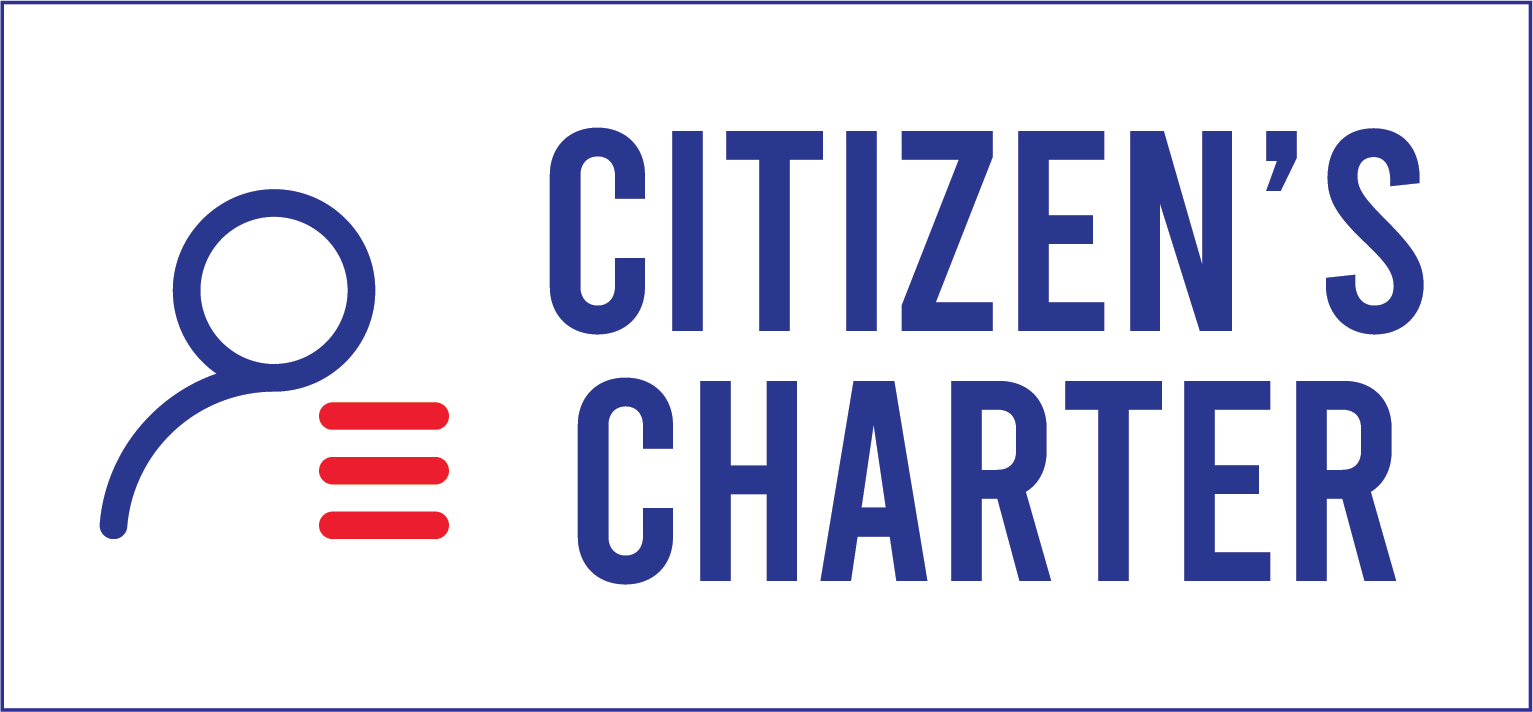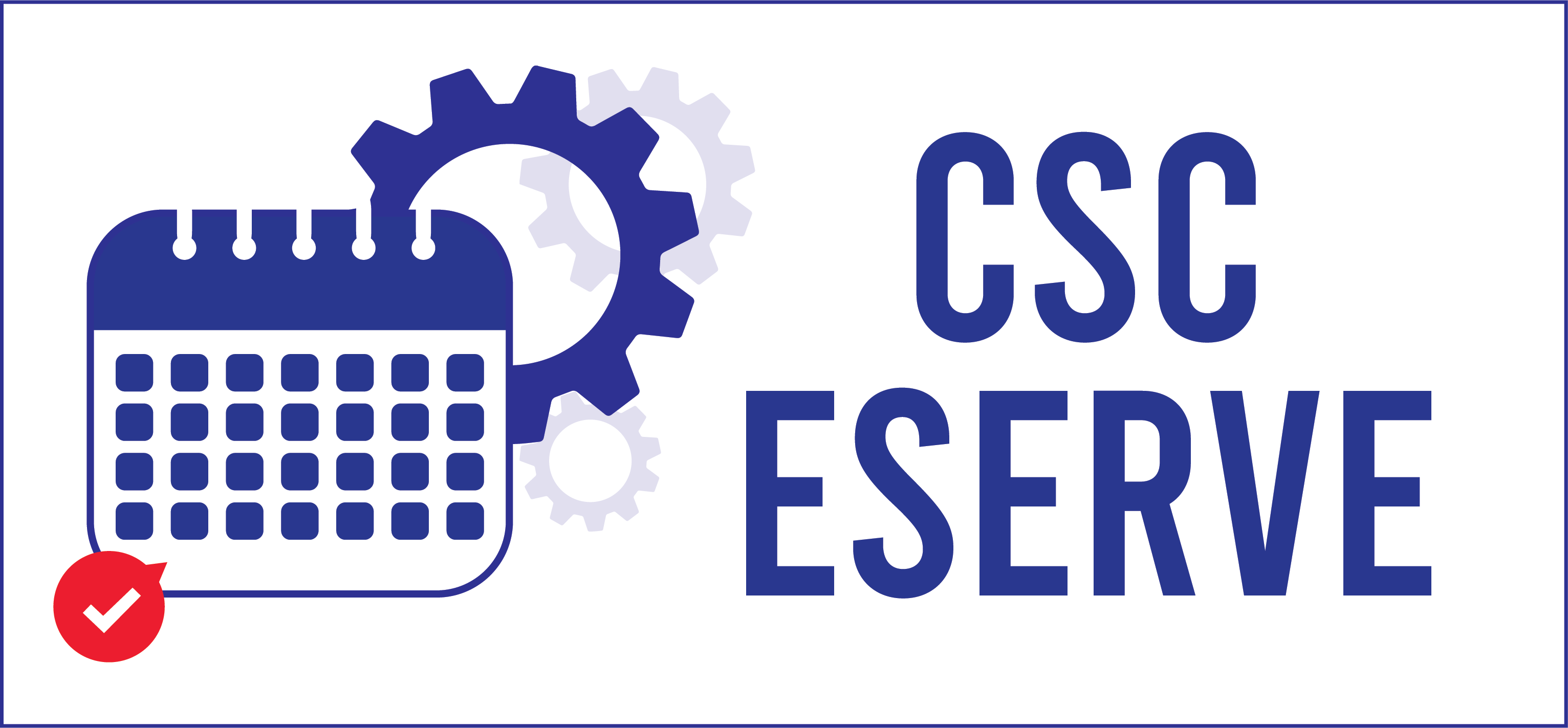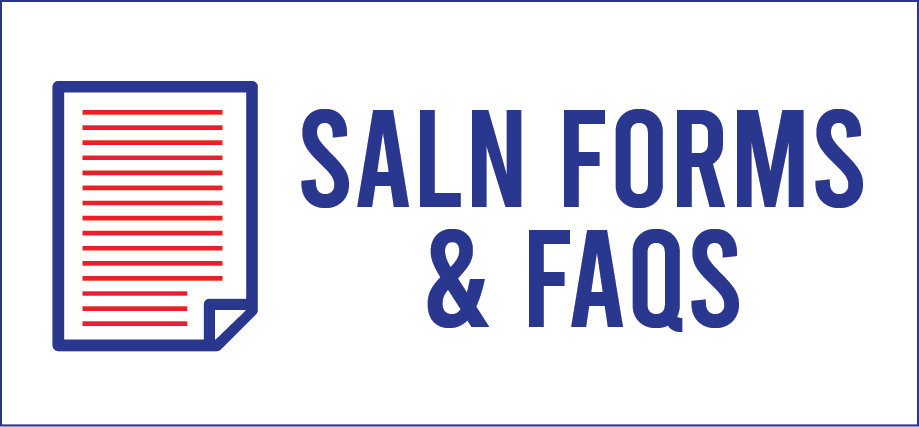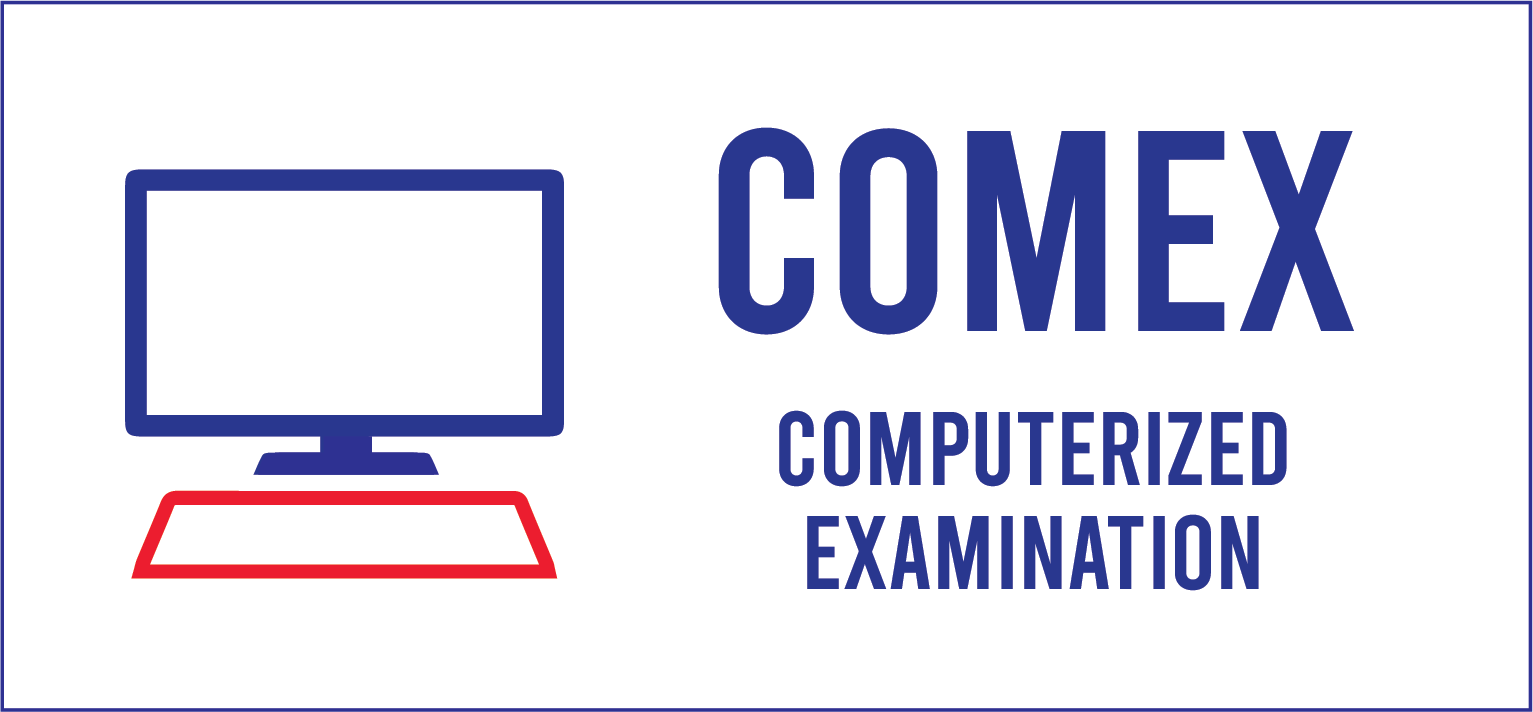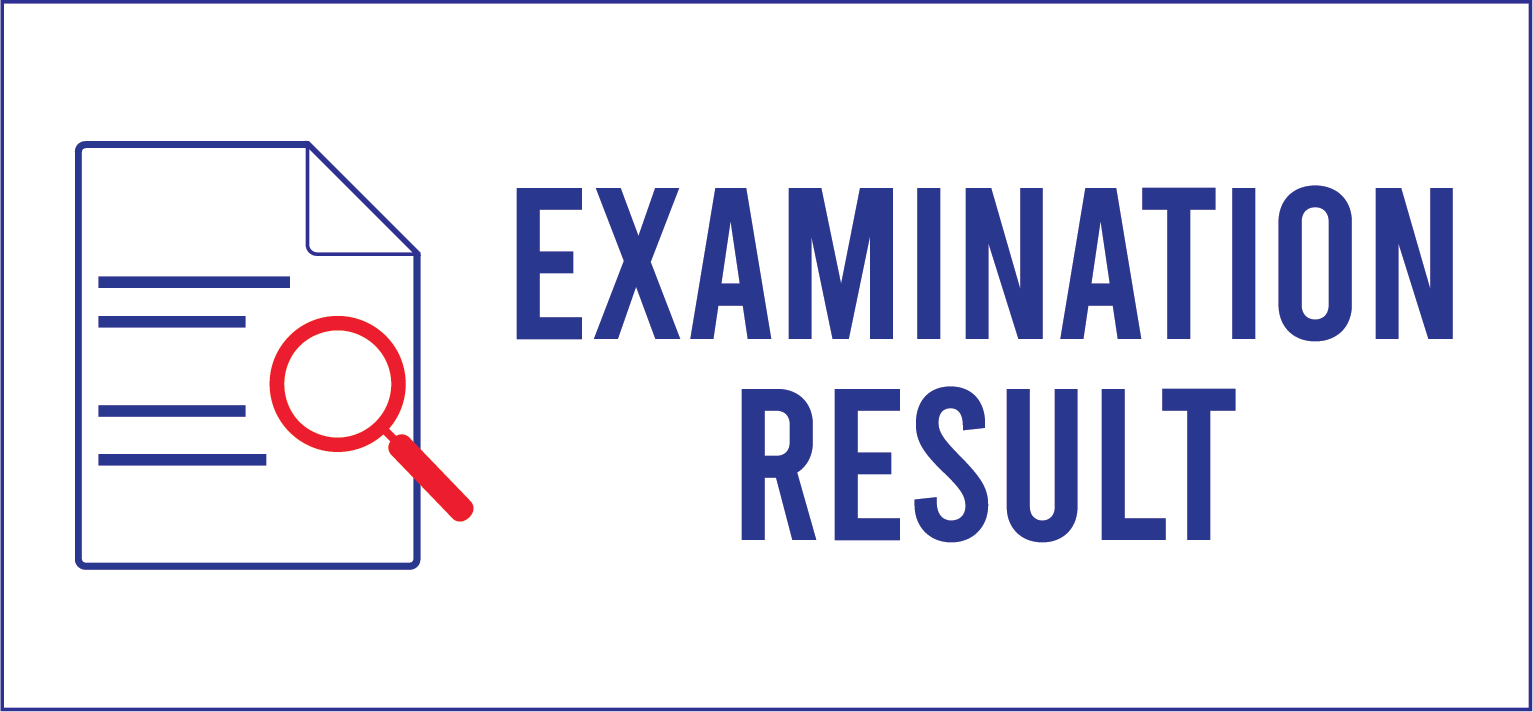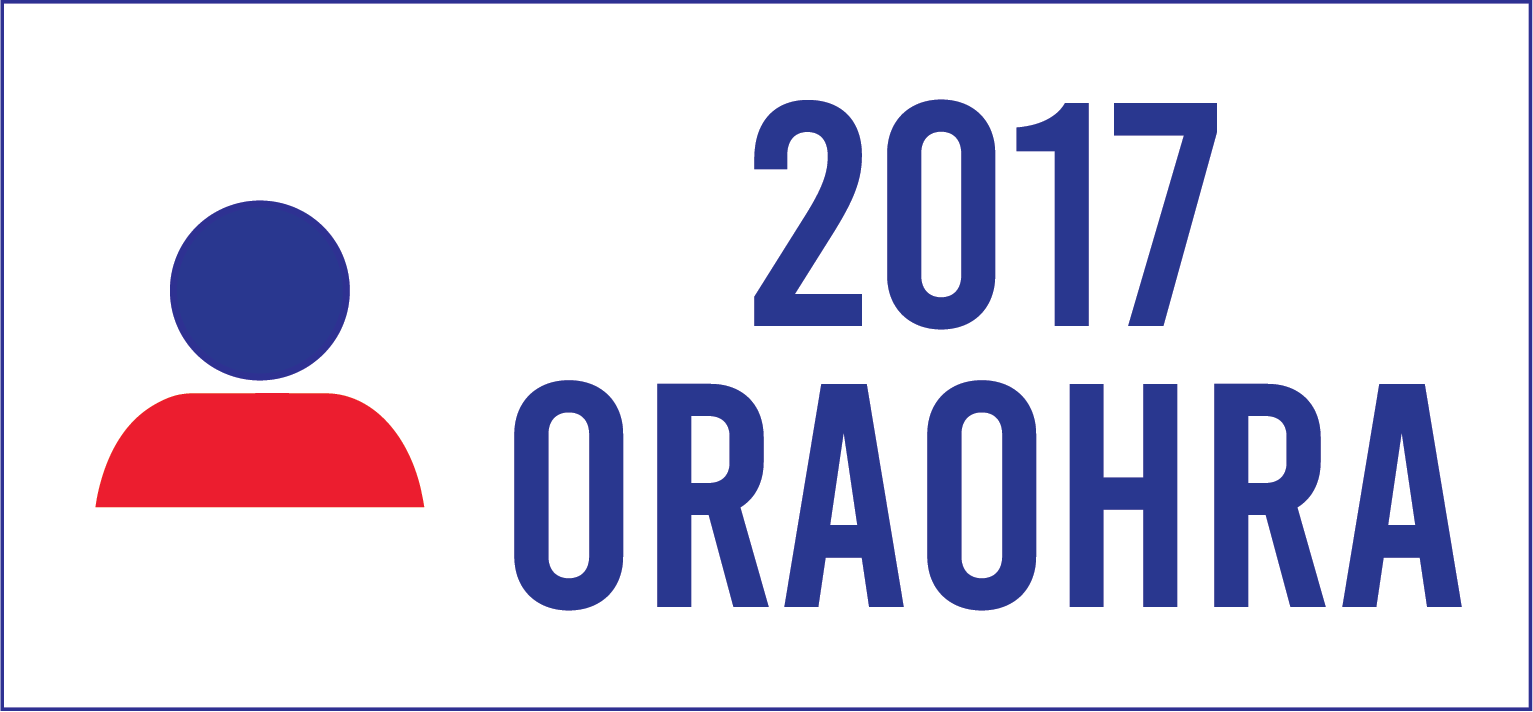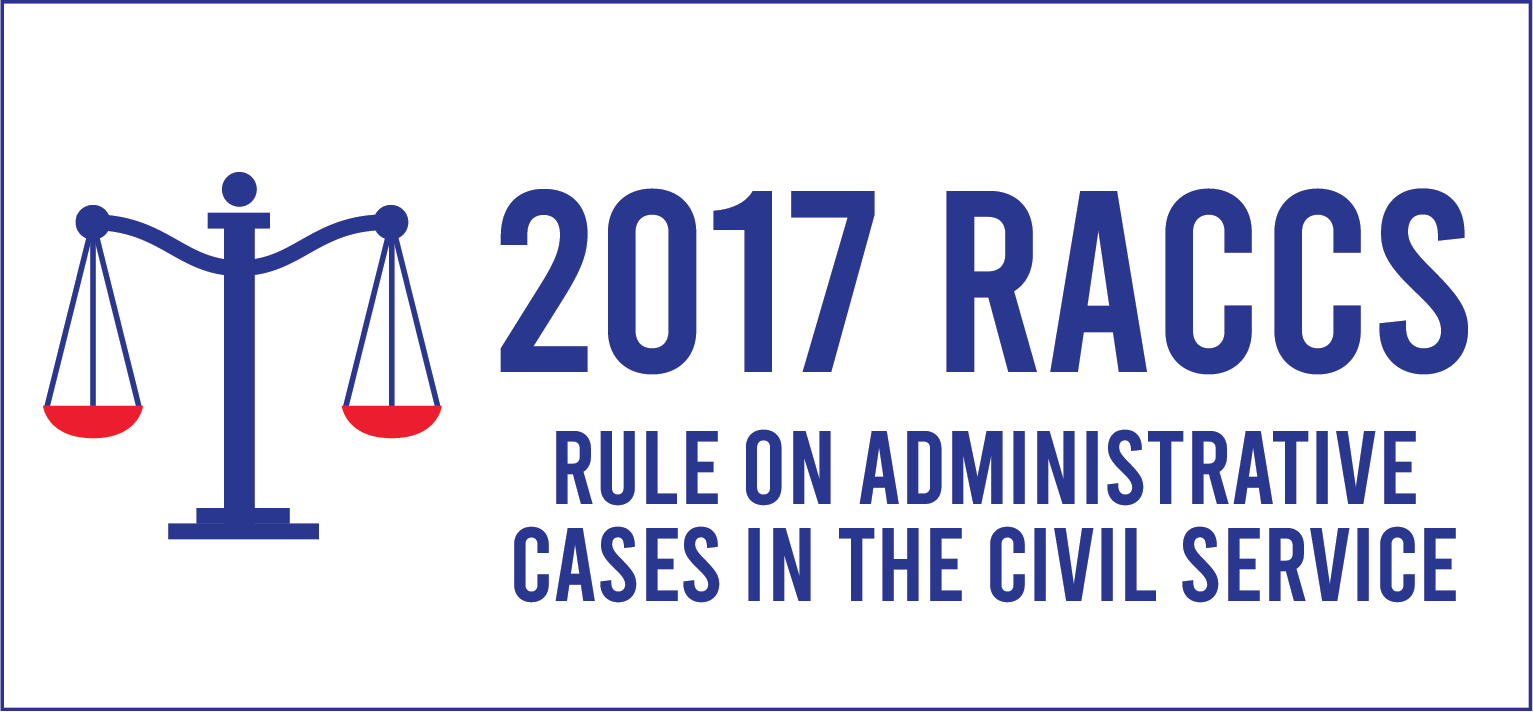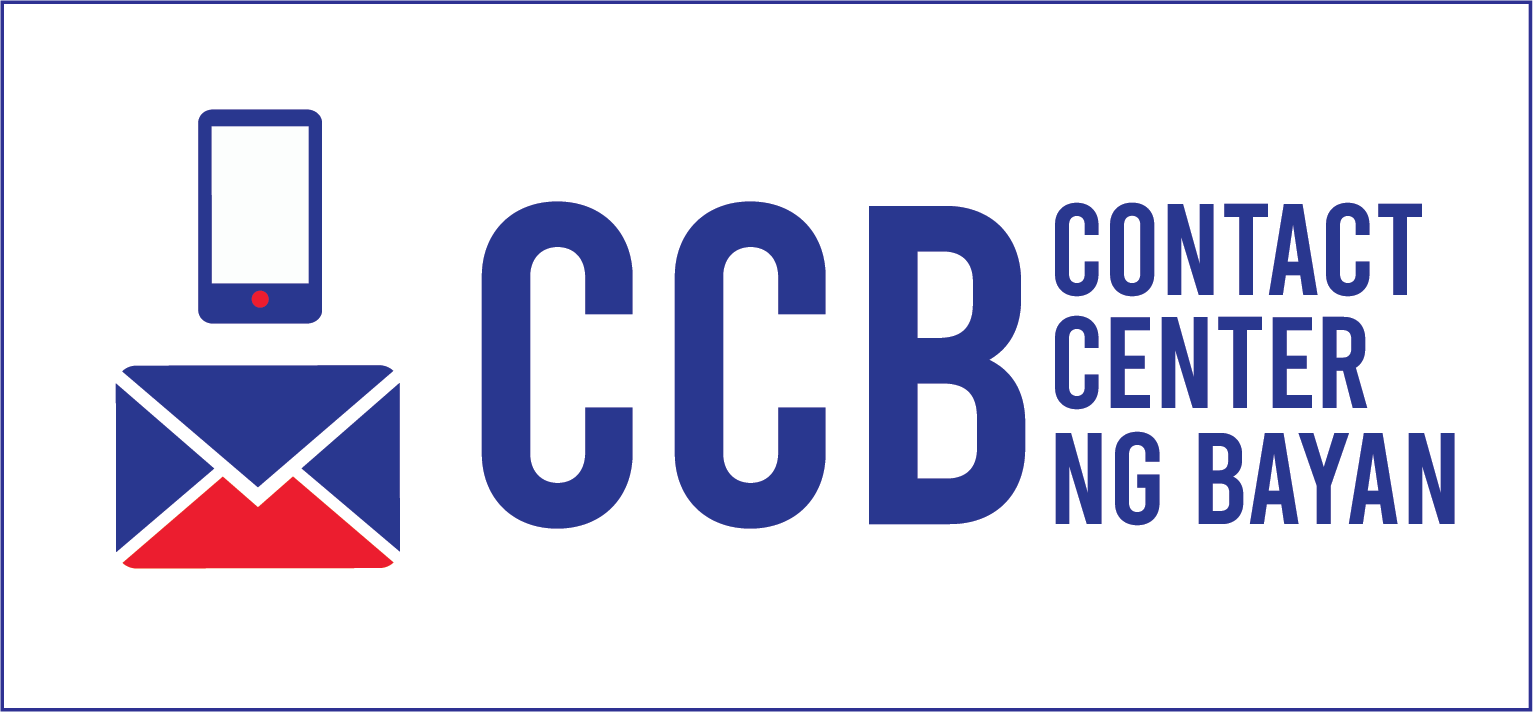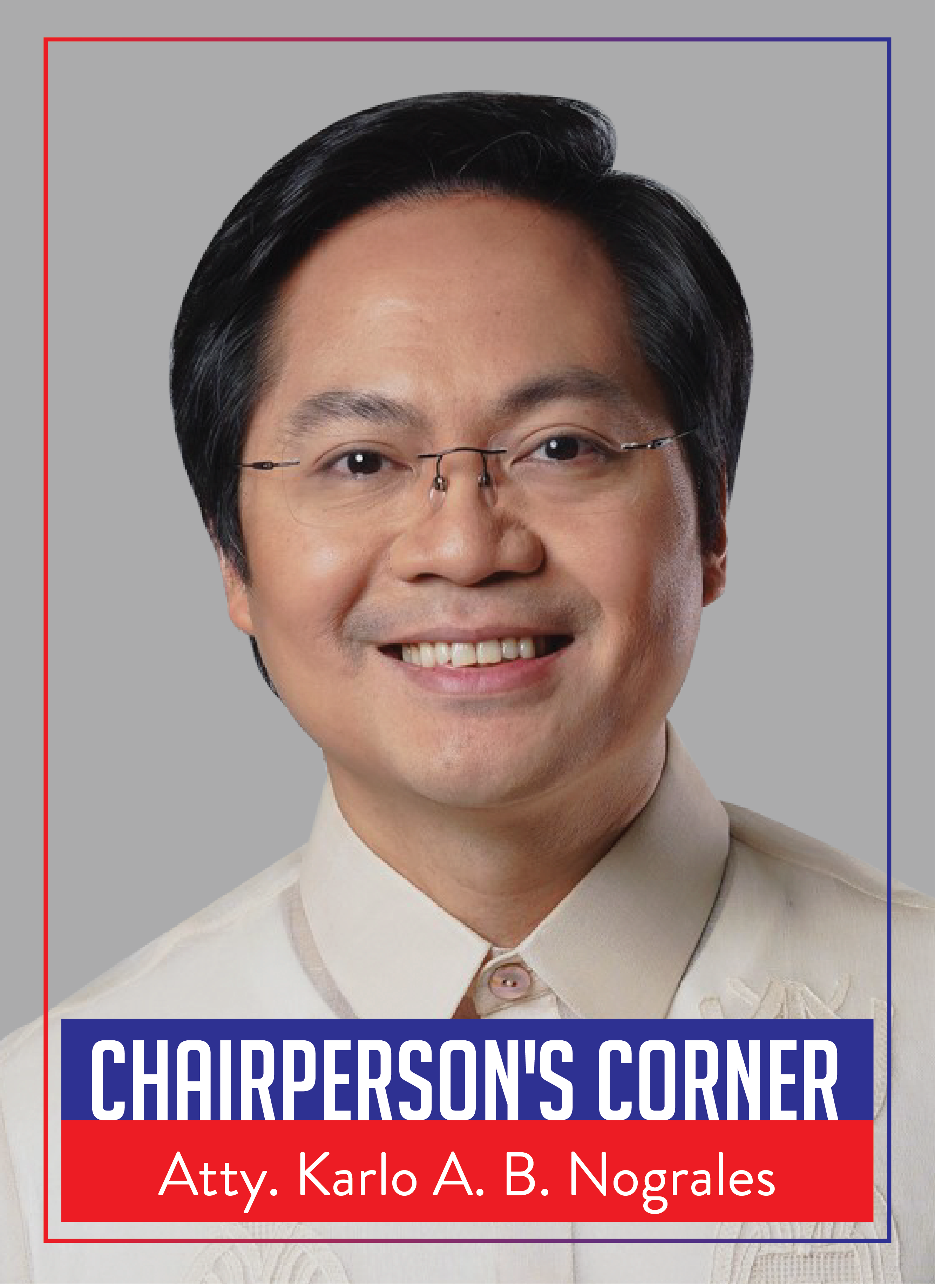The Civil Service Commission (CSC) announced that it will hold rescheduled civil service examinations on Sunday, 24 April, as it issued reminders for the registered examinees on what to bring and how to prepare for the tests.
The exams to be administered are the Career Service Examination for Foreign Service Officer (CSE-FSO), originally scheduled on 12 September 2021, in nine (9) testing centers where the said exam had been deferred; and the Fire Officer Examination (FOE), Penology Officer Examination (POE), and Basic Competency on Local Treasury Examination (BCLTE), originally scheduled last 10 October 2021. Expected total number of examinees is at 17,840.
Registered examinees of the said exams are advised to check their school assignments using the Online Notice of School Assignment or ONSA at http://enosa.csc.gov.ph/eNOSAv3/. They may also inquire with the CSC Regional or Field Office concerned or visit the CSC RO Facebook page for the Notice of School Assignments posted by the concerned ROs.
Also available through the ONSA is the Examinee’s Guide, which contains full details on the whole examination process. Examinees must read the guide thoroughly, and avoid sharing a copy to the public as it is only for the exclusive use of the examinee.
Reminders
The CSC said that only examinees wearing a face mask will be allowed to enter the testing venue, while the use of face shields is encouraged as an added protection against COVID-19.
As customarily implemented, the upcoming exams will strictly observe the “No ID, No Exam” policy. Examinees must present a valid ID card on examination day, preferably the same ID card presented during the filing of application. If the ID card is different from the one presented during filing of application, the examinee must present ANY of the following valid ID cards —Driver’s License/Temporary Driver’s License (LTO O.R. must be presented together with old Driver’s License; O.R. alone is not allowed)/Student Driver’s Permit; Passport; PRC License; SSS ID; GSIS ID (UMID); Voter’s ID/Voter’s Certification; BIR/Taxpayer’s ID (ATM type/TIN card type with picture); PhilHealth ID (must have the bearer’s name, clear picture, signature and PhilHealth number); Company/Office ID; School ID; Police Clearance/Police Clearance Certificate; Postal ID; Barangay ID; NBI Clearance; Seaman’s Book; HDMF Transaction ID; PWD ID; Solo Parent ID; or Senior Citizen’s ID. The PhilID Card issued by the Philippine Statistics Authority may also be accepted as valid ID card for the civil service exam.
The CSC also requires fully vaccinated examinees to present the original or a digital copy of their vaccination card/proof of full vaccination, such as the VaxCert; while unvaccinated or partially vaccinated examinees must present a negative RT-PCR, saliva, or antigen test result. Fully vaccinated individuals assigned in testing centers located in local government units requiring RT-PCR, saliva, or antigen testing must also present negative test results.
Examinees must submit a Health Declaration Form pre-accomplished not earlier than one day or within 24 hours prior to exam day. The space for the temperature reading must be left blank as thermal scanning will be done at the main entrance of the school/testing venue on exam day.
Examinees who were not able to submit a Certificate of Consent during the prescribed period must also bring one on the day of the exam.
The CSC further stated that only black ball pens may be used in answering the test, and that examinees shall not be allowed to share or borrow ball pens as a health precaution.
Examinees may opt to bring alcohol or hand sanitizer that is not more than 100 mL in size, as well as snacks and water.
Examinees should be at the testing venue not later than 6:30 a.m., or as required by the CSC Regional/Field Office concerned.
If feasible, they are advised to visit or conduct an ocular inspection of their assigned school/testing venue at least one day before the exam to be familiar with the location, available means of public transport, and the amount of travel time needed considering the traffic situation.
The complete text of the related examination advisories can be accessed from the CSC website: CSE-FSO | FOE | POE | BCLTE
About the exams
The CSE-FSO, FOE, POE, and BCLTE are intended to establish a roster of eligibles for certain functional positions in government.
Conducted in collaboration with the Department of Foreign Affairs (DFA), the CSE-FSO serves both as a qualifying test and an eligibility examination. As a qualifying test, it forms the first part of the five-part Foreign Service Officer Examination (FSOE). Thus, passing the CSE-FSO is a requisite to be able to proceed to the succeeding parts of the FSOE, which are the Preliminary Interview, Written Test, Psychological Test, and Oral Test, all administered by the DFA. The FSOE is being done to recruit candidates for the Foreign Service Officer, Class IV position. As an eligibility examination, passers of the CSE-FSO shall simultaneously be conferred the Career FSO Eligibility. This eligibility is appropriate to first level (clerical) and second level (technical) positions in the government that do not involve practice of profession and are not covered by bar, board, and other laws.
The resulting eligibilities for the FOE and POE – the Fire Officer Eligibility and the Penology Officer Eligibility – are both second level eligibilities that are specific and appropriate for second level ranks in the fire protection and jail management and penology services, respectively, and other functionally related services. The appropriateness of these eligibilities does not include ranks under the Philippine National Police.
The Local Treasurer Eligibility is a second level eligibility appropriate for appointment only to Local Treasurer and Assistant Local Treasurer positions, and to positions under the Financial Services that do not involve practice of profession and are not covered by Bar/Board or special laws.
The BCLTE is part of the Standardized Examination and Assessment for Local Treasury Service program of the Department of Finance, which seeks to professionalize the ranks and improve the competencies of treasurers. It is also seen to significantly improve recruitment and selection process in the local treasury service.

